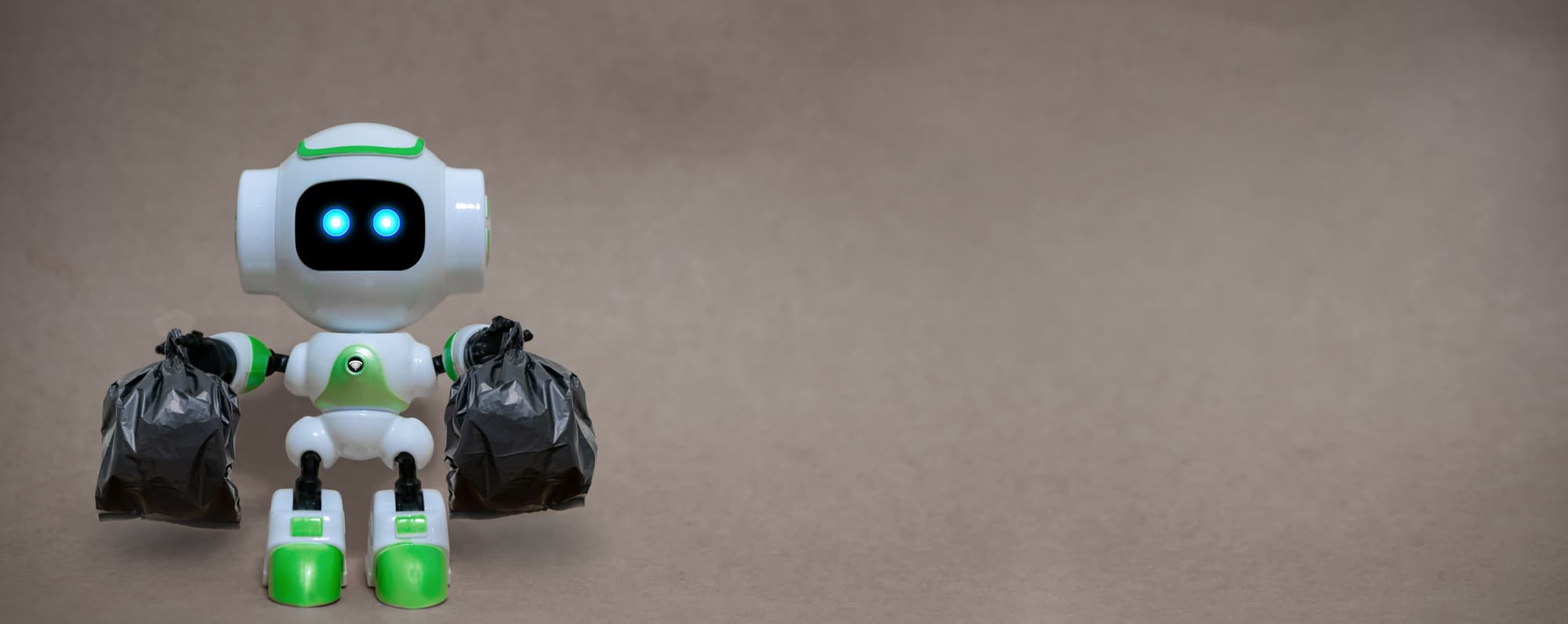The role of Artificial Intelligence and, in particular, robotics in modern business is undoubtedly greater than ever. Its capabilities are raising the bar of possibility in an array of industries, but the improvements to the world of recycling are perhaps more exciting than any ever sector.
After all, there soon won’t be a world to enjoy if we fail to win the war against plastic pollution and general waste management. Here’s how A.I. and robotics are changing the landscape of landfills and more.
Improvements To The Sorting Processes
The sorting processes are among the most time-consuming endeavours of the entire recycling production line. The development of vision systems now enables technicians to actively train robots to distinguish and separate various materials at a quicker rate and with greater accuracy than ever before.
Matanya Horowitz of AMP Robotics said: “If you can teach a person to distinguish something, you can teach our vision system to distinguish it,” and the modern systems enable robots to understand the different properties of various materials by learning to register logos, colours, labels, box shapes, and more.
Aside from freeing up humans for other jobs, robots can work far faster. Crucially, with fewer items slipping through the net, it should reduce the volume of items needlessly reaching landfills. Given that this is the biggest concern for most, robotics are a just.
Identifying Opportunities For Improvement Far Sooner
A.I. Machinery can be used to complete a host of sorting and organisational tasks. However, the capabilities aren’t limited to removing the need for manual labour. Computers, robots, and machine learning devices can also analyse data to pinpoint opportunities for further success. This is a concept that businesses across many sectors use, and recycling companies should not be excused.
Collecting and extrapolating data relating to street collections, sorting, materials, public opinions, and other elements within the recycling lifecycle can identify patterns and trends to help humans make calculated decisions on where to improve. The use of organically evolving algorithms can even learn to ignore what’s not important.
Focusing energies on the most effective solutions while overlooking potential negatives is the key to streamlined success in any venture. From distributing street collection teams to boosting the efficiency of recycling centres, the clear insights provided by A.I. can make all the difference.
Removing Staffing Shortages
Getting down and dirty with recycling isn’t a job that appeals to many. Likewise, the staff turnover rates are quite high while productivity and morale levels can fall too. The use of robots to handle tasks, whether they be sorting or processing administrative assignments can seriously boost the operations.
From managing individual departments to entire ventures, the reliability of A.I. And robotics revolutionises the recycling game at a junior level, which also enables senior managers to identify further improvements. The lack of fear regarding workflow allows for a more confident approach, especially as forecasts are more accurate.
The challenges related to filling new voids and positions should not be ignored. If robotics and A.I. can help businesses and governments overcome the issues to progress at the desired rate, those technologies should be embraced with open arms.








